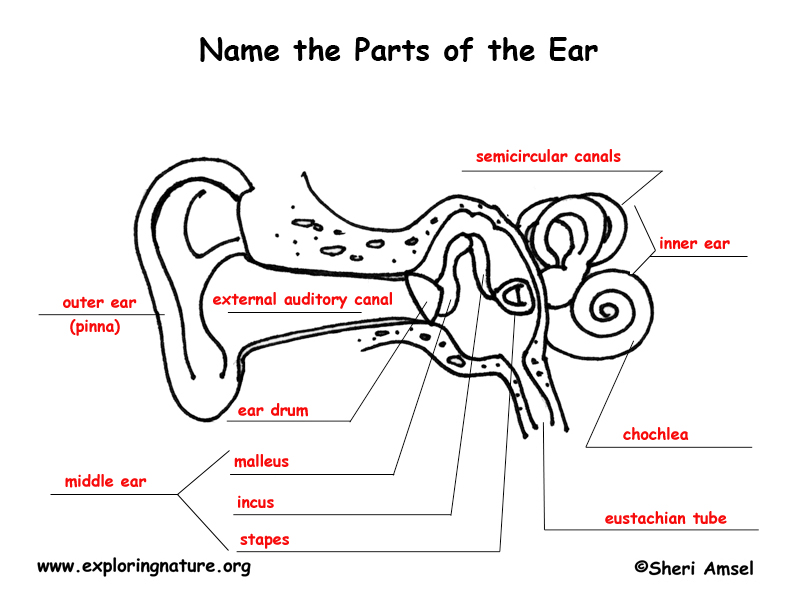

Want to easily anticipate what comes next in music? Want to identify the elements you hear in music? Many smart ear training professors will tell you that regularly using these ear training exercises is the best way to develop these musical listening skills and become a confident musician. Practising ear training builds your awareness and understanding of the underlying components of music and strengthens your ability to relate the sounds to the theory, anticipate what will comes next in the music, and connect it all to your fretboard or keyboard.
#Ear practice answers professional
In this way you can develop your ears quickly and transition from hearing the same thing that any random person on the street does, to hearing music the way a professional musician hears it. Once you have internalised the fundamentals, you can move on to more advanced training and testing with more sophisticated ear training drills. There’s no barrier to entry, any beginner musician can (and should!) be using ear training exercises. You can start with basic exercises for the fundamentals.

These musical exercises can help you train your ears to recognise notes in music so that your aural skills match your instrument skills and you find it easy to do things like play by ear and create your own music.Įar training exercises are the “drills” of ear training, used to practice core skills repeatedly until you’ve truly mastered and internalised them. Ear training is the process of developing your ear for music – and ear training exercises are… just what they sound like! Special repetitive methods you can use to hone your musical ear.


 0 kommentar(er)
0 kommentar(er)
